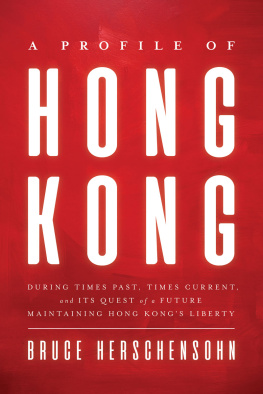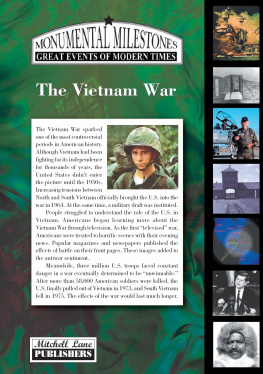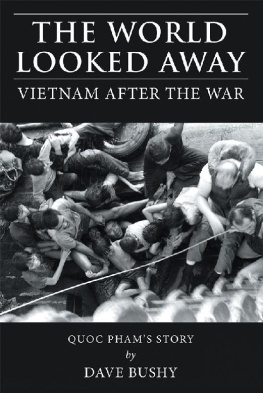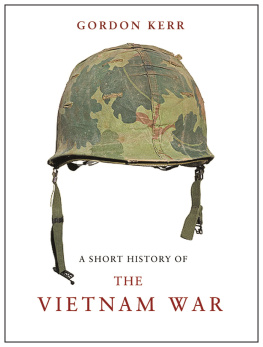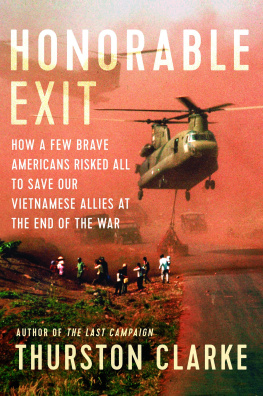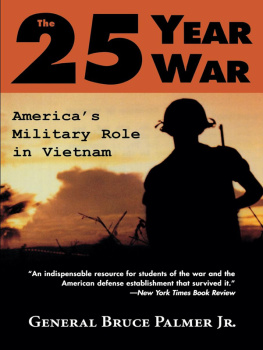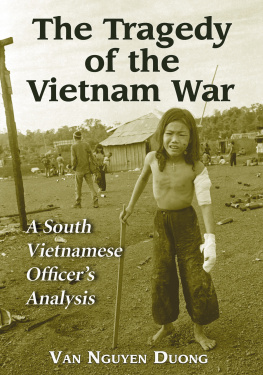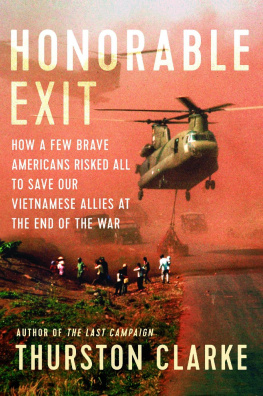AUTHORS NOTES
FOR EASE IN reading, those comments that are usually reserved for footnotes have instead been enclosed in brackets within the text itself. In that way, those details can either be easily read or skipped at the will of the individual reader.
Whereas the names of public figures are used, some names of non-public figures have been changed for their privacy. The names of most U.S. Foreign Service Officers, whose public versus private status are often debated, are not used.
When no attribution is given to conversations, those conversations took place in the presence of the author. Since they were not recorded or written concurrent with those conversations, they are often paraphrased, but they are as authentic as possible from notes taken shortly thereafter.
Any and all material designated as classified at the time has since been declassified.
1
WHY WE FORGET
IT WAS A glorious morning at the White House. The best.
We Won!
Its over!
Its everything we fought for!
Its V-V Day! Victory in Vietnam!
Those were the words that could be heard coming from offices of the West Wing and the Old Executive Office Building in the White House Compound as office doors were opened so anyone in other offices or walking in those hallways could hear the news. And then the office-holders went into the hallways and there were cheers and tears of glee and there were embraces.
It was Tuesday, January the 23rd of 1973. After nearly fourteen years of military involvement in Vietnam [since President Eisenhower first sent U.S. military advisors to South Vietnam in April of 1959], the United States won its major objectives in an agreement signed by North Vietnam and the Viet Cong, as well as the United States and South Vietnam. But on the day you are reading this, very few Americans remember that victory and what happened to extinguish it two and one-quarter years after the signatures were penned beneath its promises.
Back on that January morning in 1973, Richard A. Moore, Special Counsel to the President, was standing in the narrow West Wing basement hallway by the White House Mess with a big smile on his old and glowing Irish face beneath his short butch-cut gray hair. He started groping around his pockets in his suit jacket that hung on his large frame. He was searching for something. He found it. He nodded to himself and reached in his inside jacket pocket for a small tin case with the name of Davidoff on its painted label. He opened its cover and took out one of the cigarette-sized cigars, put the case back in his pocket, and set the mini-cigar between his lips.
Hey, Dick! a Nixon aide said before walking into the Mess.
Richard A. Moore took the yet unlit mini-cigar from his lips and said, Matt! What a day! What a day! You did it, Matt!
Mathew Kinnard had absolutely nothing to do with it. Dick, you know I didnt do it. You did it! Congratulations, Dick!
Now, Matt, you can just go on believing that if you want to. In fact, you can spread the wordbut we both know who really did it. And it wasnt me andIm sorry, youre rightit wasnt you.
It was the President.
Nixons the One! He recited the old campaign slogan, almost swaying to it as if it was the opening bar of a song. And what a way to begin the second term!
The President is going to speak tonight. Ray Price is the only one who isnt celebrating. He doesnt have time. Hes locked in his office working on the nteenth draft of the speech. Hes been up all night going back and forth to the President.
Isnt it something? You know, in one day we win the war and Susanyou know, Clawsons secretary, SusanSusan runs into me in the E.O.B. [Old Executive Office Building] in the Xerox Room, and she puts her arms around me and gives me a kiss! She was so happy she had tears in her eyes. But what man could ask for anything more in one day than victory in Vietnam and a kiss from SusanI mean, both in the same day! On the cheek, of course. Nothing more. But for an old duffer like me, thats all I can possibly take in one day! And a smoke, of course. And he finally lit his mini-cigar.
It was called a cease-fire, but it was a great deal more than a cease-fire. The agreement made in Paris between the warring parties stated that the Government of the United States of America and the Government of the Democratic Republic of Vietnam [North Vietnam] undertake to respect the following principles for the exercise of the South Vietnamese peoples right to self-determination: (a) The South Vietnamese peoples right to self-determination is sacred, inalienable and shall be respected by all countries. (b) The South Vietnamese people shall decide themselves the political future of South Vietnam through genuinely free and democratic general elections under international supervision. (c) Foreign countries shall not impose any political tendency or personality on the South Vietnamese people. [Chapter Four, Article Nine]
The two South Vietnamese parties [meaning the Government of South Vietnam and the Viet Cong, which was also known by four other designations: the National Liberation Front for the Liberation of South Vietnam, the N.L.F., the Provisional Revolutionary Government, and the P.R.G.] undertake to respect the cease-fire and maintain peace in South Vietnam, settle all matters of contention through negotiations and avoid all armed conflict. [Chapter Four, Article Ten]
The best was yet to come in the following Article, in which we plagiarized a list of freedoms from our own First Amendment of the United States Constitution, with additions of even more freedoms than our Founders had itemized:
Immediately after the cease-fire, the two South Vietnamese parties [The South Vietnam Government and the North Vietnam proxy: the Viet Cong] will: Achieve national reconciliation and concord, end hatred and enmity, prohibit all acts of reprisal and discrimination against individuals or organizations that have collaborated with one side or the other, insure the democratic liberties of the people: personal freedom, freedom of speech, freedom of the press, freedom of meeting, freedom of organization, freedom of political activities, freedom of belief, freedom of movement, freedom of residence, freedom of work, right to property ownership and right to free enterprise. [Chapter Four, Article Eleven]
* * *
And further within the Accords, there were guarantees to neighboring countries: Foreign countries shall put an end to all military activities in Cambodia and Laos, totally withdraw from and refrain from reintroducing into these two countries troops, military advisers and military personnel, armaments, munitions and war material. The internal affairs of Cambodia and Laos shall be settled by the people of each of these countries without foreign interference. [Chapter Twenty, Article Twenty]
One of the most important provisions of the agreement was that The two South Vietnam parties [South Vietnam and the Viet Cong] shall be permitted to make periodic replacement of armaments, munitions and war material which have been destroyed, damaged, worn out or used up after the cease-fire, on the basis of piece-for-piece, meaning the replacement of one helicopter for a helicopter, one gun for a gun, one bullet for a bullet: one replacement for one lost. [Chapter Four, Article Seven]
National Security Advisor Henry Kissinger explained, There is a flat prohibition against the introduction of any military force into South Vietnam from outside of South Vietnam, which is to say that whatever forces may be in South Vietnam from outside South Vietnam, specifically North Vietnamese forces, cannot receive reinforcements, replacements or any other form of augmentation by any means whatsoever. With respect to military equipment, both sides are permitted to replace all existing military equipment on a one-to-one basis under international supervision and control.


